Which Age-related Change Affects The Male Reproductive System?
Which age-related change affects the male reproductive system?. Menopause is the time that ovulation and menstrua-tion cease. In both men and women reproductive system changes are closely related to changes in the urinary system. Paternal aging causes genetic and epigenetic changes in spermatozoa which impair male reproductive functions through their adverse effects on sperm quality and count as well as sexual organs and hypothalamic-pituitary-gonadal axis.
The frequency duration and rigidity of erections gradually decline as men age see Erectile Dysfunction. However according to the American Academy of Health Fitness AAHF sperm production continues so men can father children well into their eighties. It may be defined as the phase in the aging process of women that marks the transition from the reproductive stage of life to the nonreproductive stage.
This is a general slowing instead of. Human Chorionic Gonadotrophin hCG. Male infertility and HIVAIDS At present over 40 million people are infected with the human immunodeficiency virus type-1 HIV-1.
This condition called benign prostatic hyperplasia BPH affects about 50 of men. Aging men may develop medical illnesses that adversely affect their sexual and reproductive function. The male reproductive system is less prone to age-related changes than the females Begueria et al 2014.
Click here for the Professional Version. Testicular tissue mass decreases. - changes affect identity as women or man.
Aging changes in the male reproductive system. The study aims to discuss the effects of aging on the male reproductive system. What are the age-related changes in the male reproductive system.
The level of the male sex hormone testosterone decreases gradually. There can be changes in the testicular tissue.
Age does not predict male fertility.
- changes affect identity as women or man. It may be defined as the phase in the aging process of women that marks the transition from the reproductive stage of life to the nonreproductive stage. It is true that age can create internal problems and you can feel the difference with the kind of personal experience. The male reproductive system is less prone to age-related changes than the females Begueria et al 2014. Paternal aging causes genetic and epigenetic changes in spermatozoa which impair male reproductive functions through their adverse effects on sperm quality and count as well as sexual organs and hypothalamic-pituitary-gonadal axis. The Brown Norway rat has been studied as a model of aging of the human male reproductive system because in this rodent model serum testosterone levels decrease with aging as they do in humans 547-549. Aging changes in the male reproductive system. The usual age range is 45 to 55. As men age their testes tend to get smaller and softer and sperm morphology shape and motility movement tend to decline.
AGE-RELATED CHANGES IN THE REPRODUCTIVE SYSTEM. Testicular tissue mass decreases. In both men and women reproductive system changes are closely related to changes in the urinary system. Manufacture sperm and estrogen. Aging changes in the male reproductive system occur primarily in the testes. AGE-RELATED CHANGES IN THE REPRODUCTIVE SYSTEM. This is due to the preservation of spermatogonia in the male gonads according to some data up to 90 years Johnson et al 1986 that are able to self-renew and restore the structure of spermatogenic epithelium in case of damage Johnson 1986.




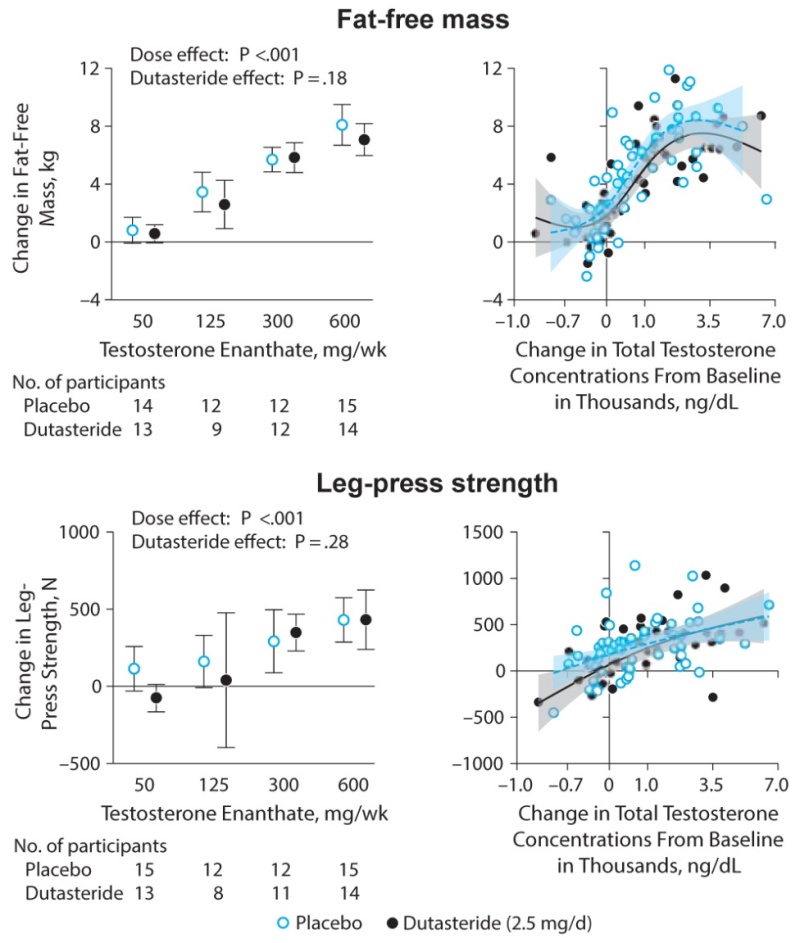



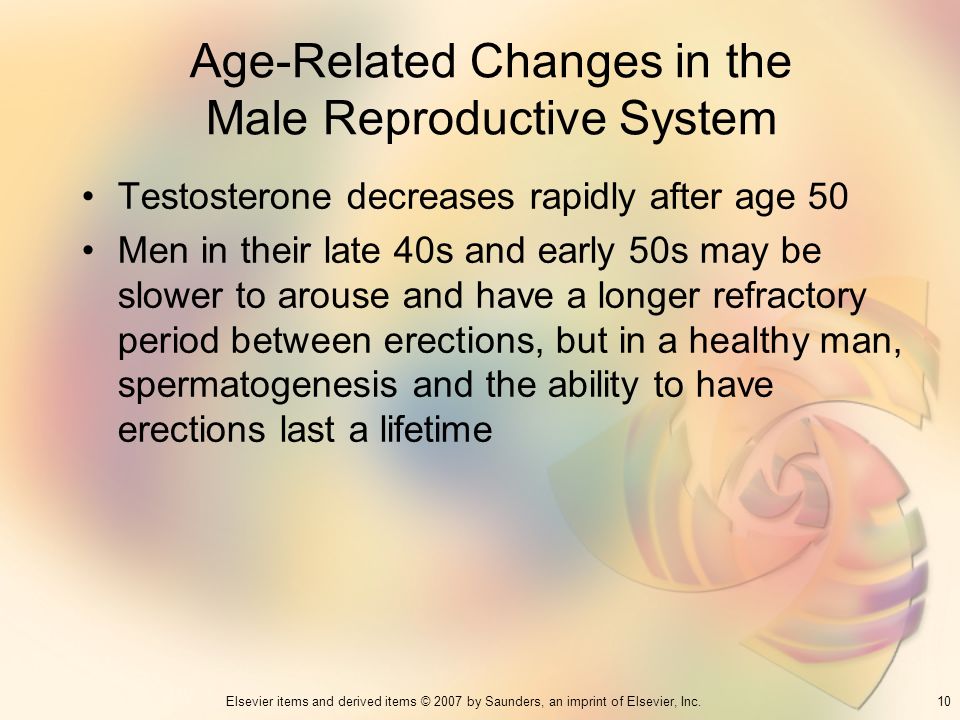
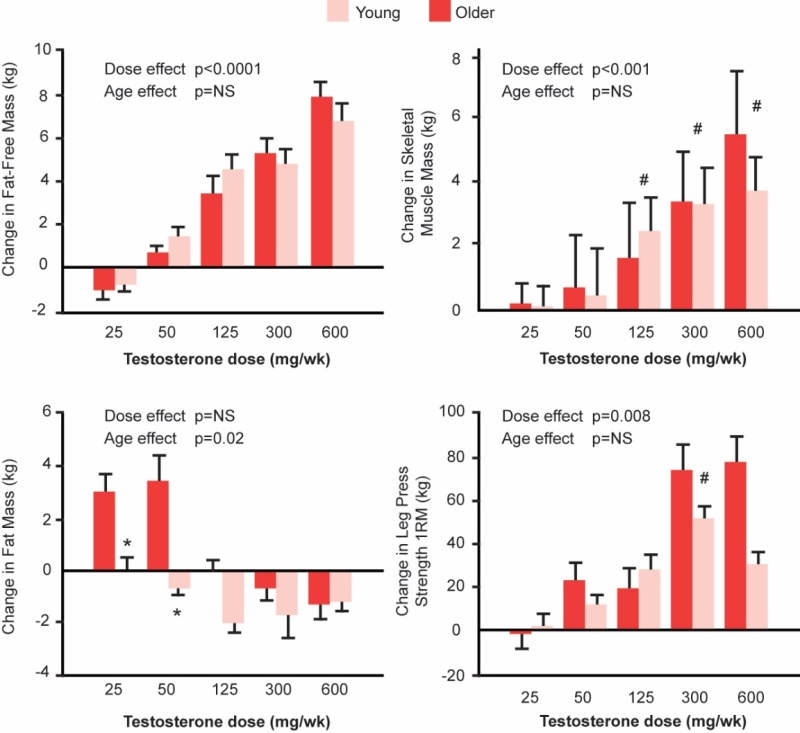



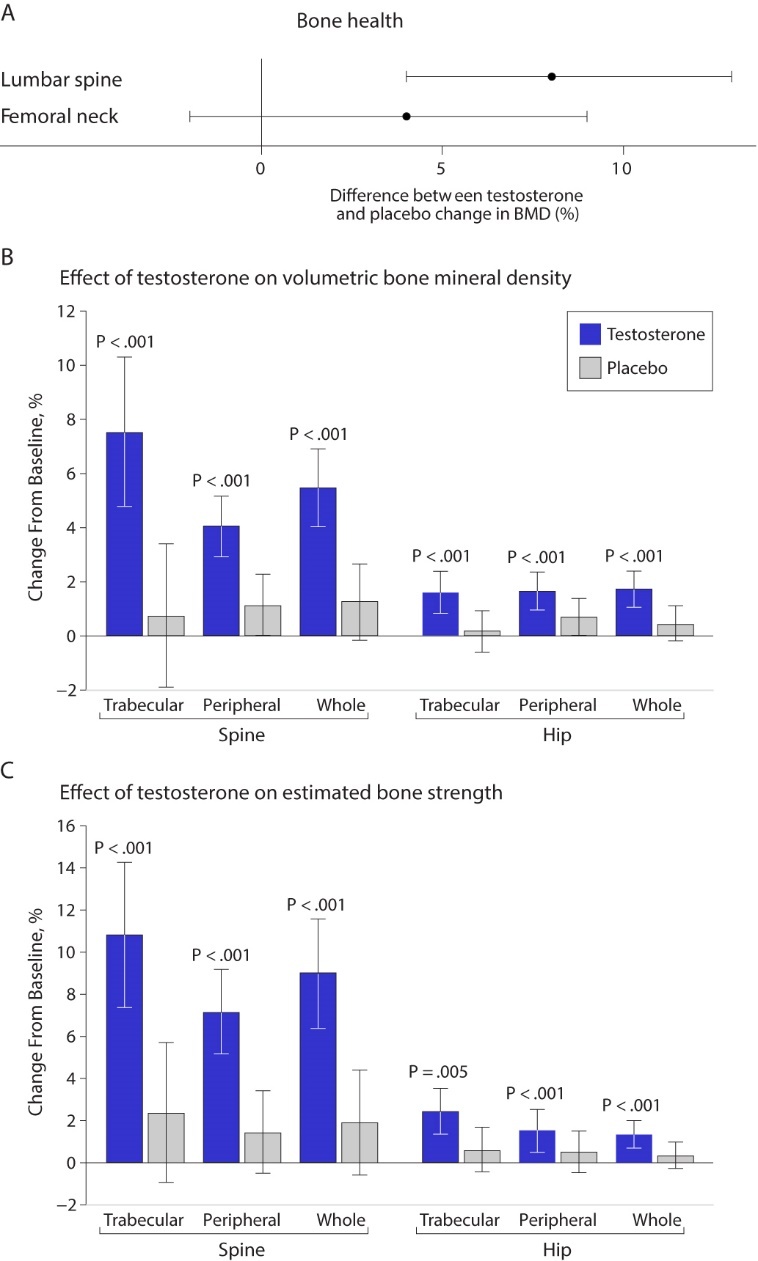


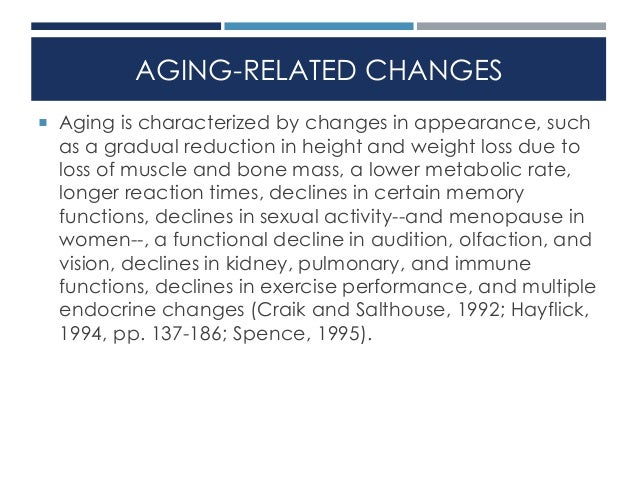
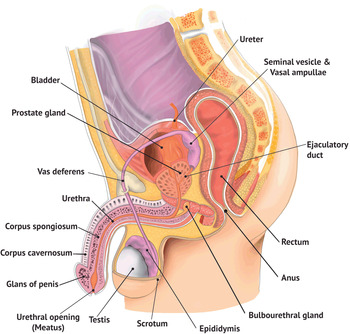

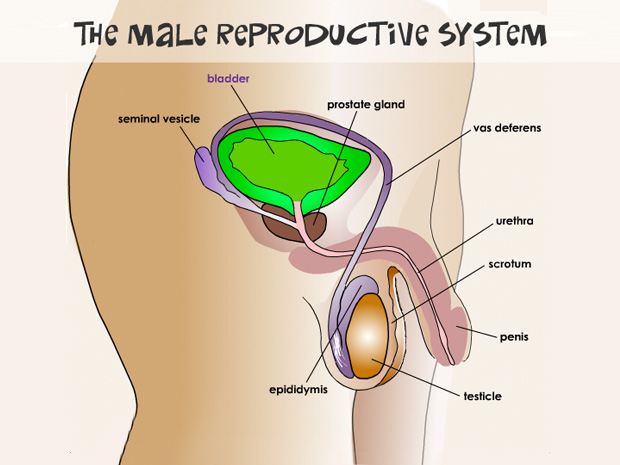






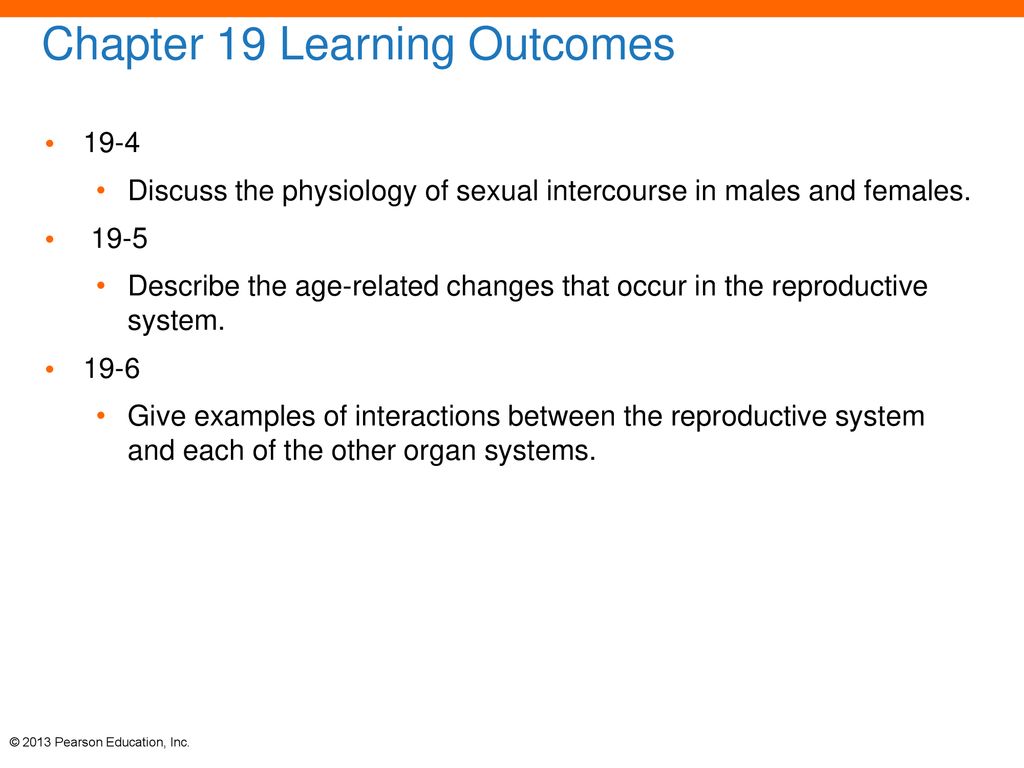
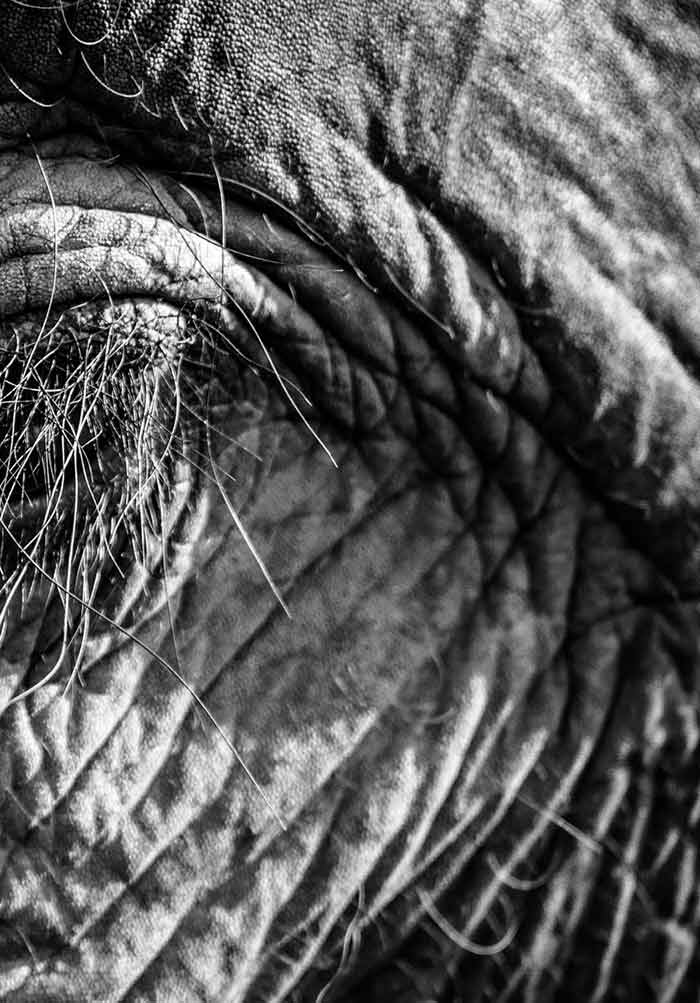

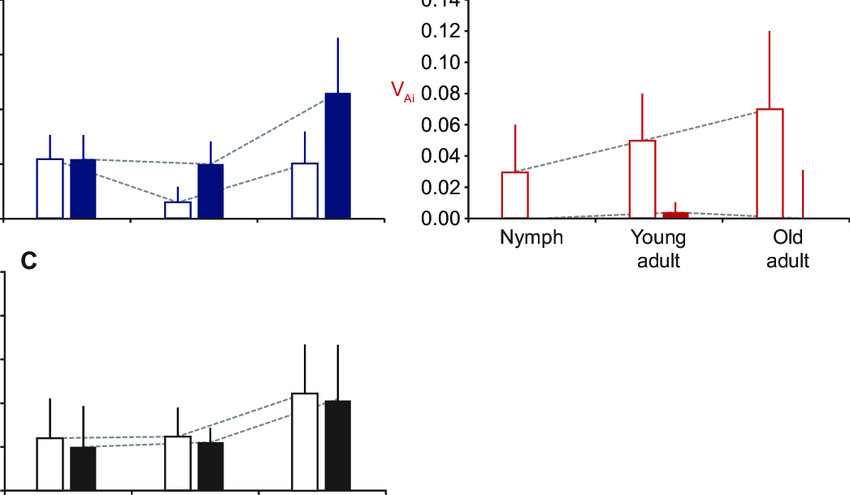
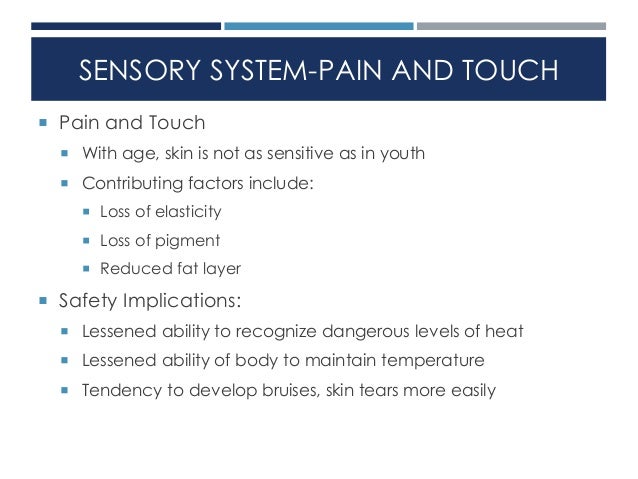
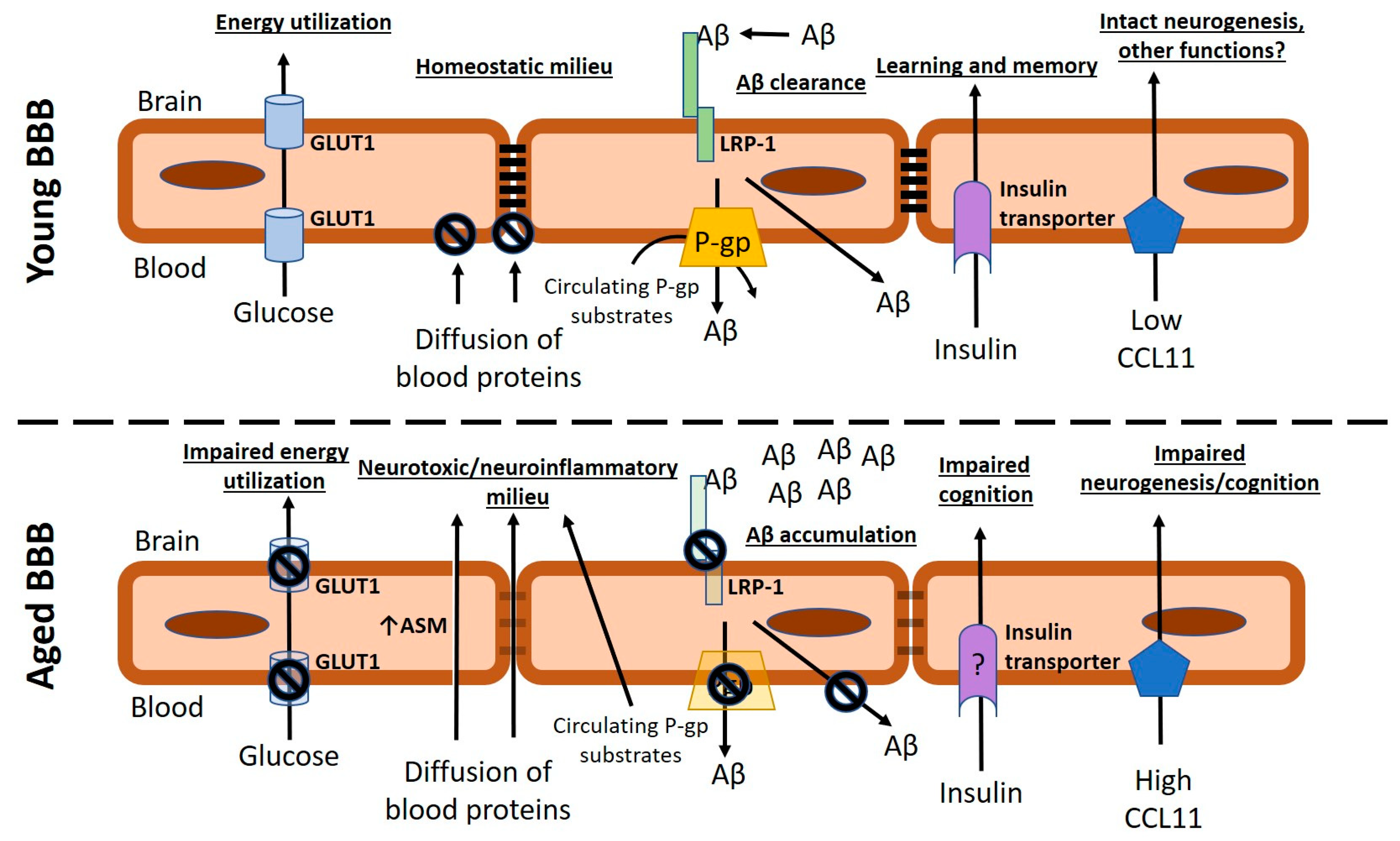

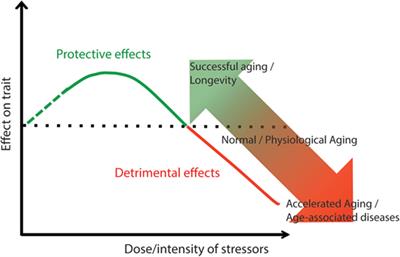

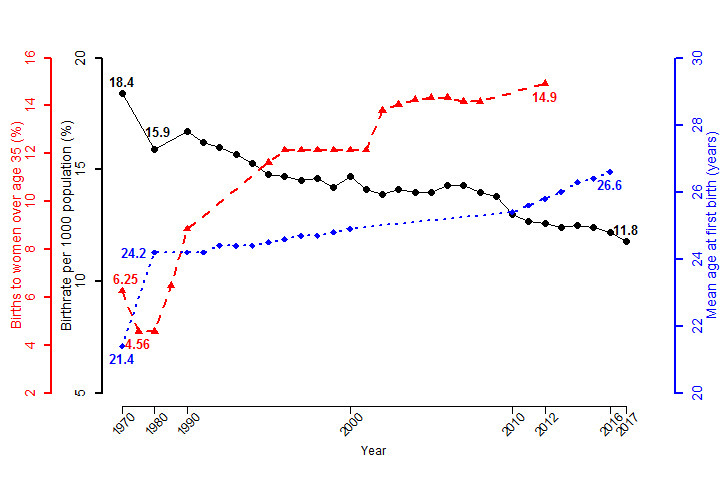
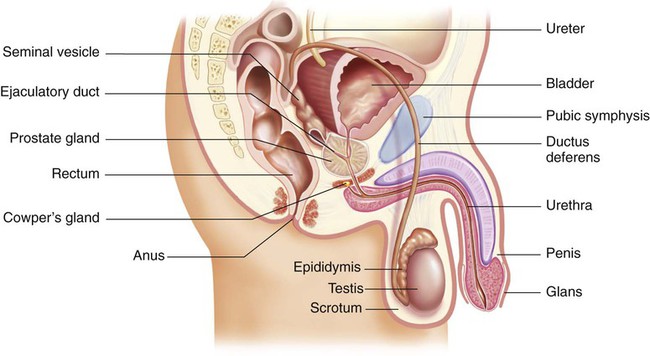





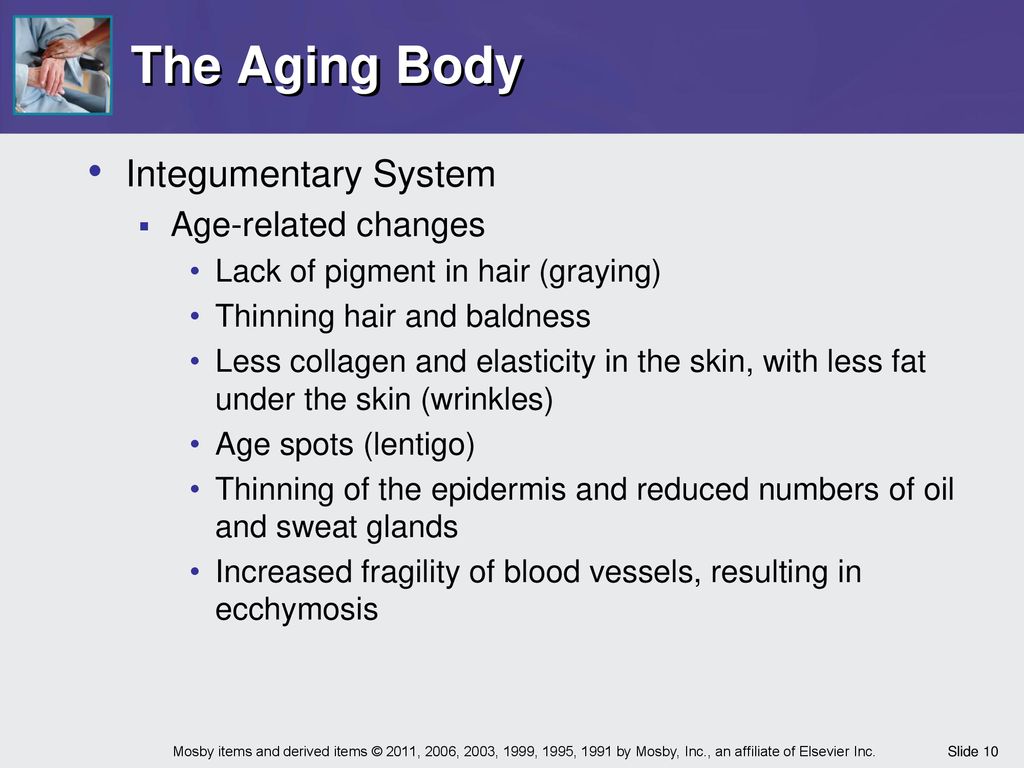

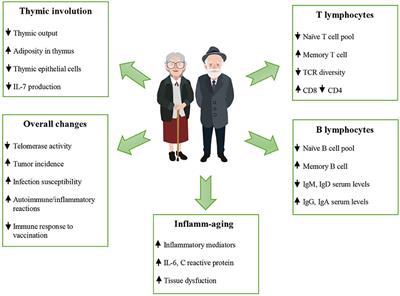
Post a Comment for "Which Age-related Change Affects The Male Reproductive System?"